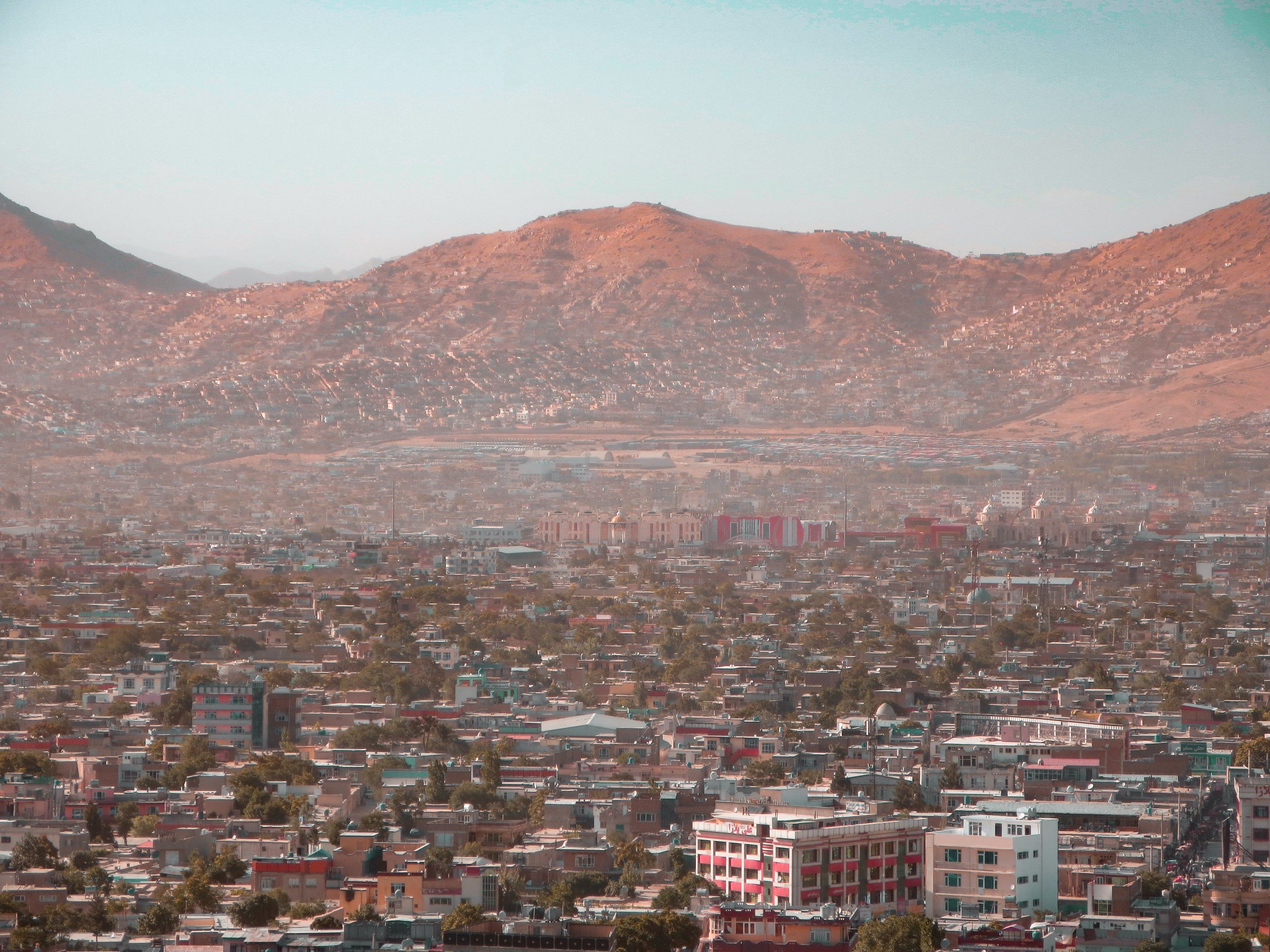PROJECTS
Here, you will find a one-stop-shop for each SOC ACE research project including publications, information about events and external engagement, media and contact details for researchers.
Negotiating with criminal groups: Colombia’s Total Peace policy
This research results from the opportunity provided by the approval and implementation of the Total Peace policy in Colombia, a country that, despite the signature of a peace process in 2016, still has numerous armed and criminal groups inflicting significant violence onto the population. The Total Peace policy allows the government to negotiate with armed and criminal groups in order to reduce violence and protect life, providing a unique opportunity to conduct research on ongoing negotiations. This project aims to research the legal framework applied for the different types of engagement at the local and national level, the way in which criminal governance and the Total Peace policy interacts and identify the extent into which legal frameworks and local criminal governance structures shape negotiations with armed and criminal groups in Colombia.
Addressing organised crime and security sector reform (SSR) and governance: Linkages, processes, outcomes and challenges
The research project aims to deepen the evidence base on the connections between SSR/G and SOC – how they influence and impact one another, positively and adversely. It seeks to encourage collaboration across academic disciplines and professional silos, integrating SSR/G perspectives and programming into the fight against SOC and vice versa.
Illicit finance and Russian foreign policy: new dynamics and linkages
This project examines how Russia is using illicit financial flows (IFF) to support its military campaign against Ukraine and to further its wider foreign policy goals. The scale of Russian use of illicit financial networks has increased rapidly since February 2022. Unless effectively countered, Russia's use of financial and economic tools will give it an advantage in its war against Ukraine and may begin to pose a potential systemic threat to international financial and trading systems. The research seeks to conceptualise how Russia uses illicit finance in political interference and information campaigns around the world, and how these dynamics may be changing in the new context of the war in Ukraine.
Organised crime as irregular warfare: a framework for assessment and strategic response
This project applies lessons from irregular warfare to countering organized crime. Irregular warfare is often defined as a violent competition over legitimacy, and it subsumes the problems of terrorism, insurgency, and political instability. Phase 1 of this research project established the commonalities between organized crime and irregular warfare: their shared nature and the pitfalls relating to response. On this basis, Phase 2 presents a Framework for Analysis and Action originally designed for irregular warfare but adapted here to the context of organized crime. The Framework consists of two “parts”: the Strategic Estimate (which maps the problem, explores its drivers, frames, and strategies, and critiques the current response) and the Course of Action (which uses the Estimate to design an appropriate strategy, complete with a theory of success, phasing, assumptions, and metrics). In a third phase of this project, the modified framework will be tested through application to key cases.
Organised crime groups & peace processes
Organised crime actors can be spoilers in peace processes or partners in peace. Negotiating with organised crime groups and addressing criminal agendas in peace processes has become a reality in practice. It may be preferable in contexts where repressive tactics have failed to resolve the problem or worse, have fuelled more violence and criminality. Out of options, state actors have turned to negotiation. Negotiation may not only be considered preferable, but also necessary where criminal groups have strong territorial control, filling governance gaps and gaining legitimacy. International peace operations have also begun to recognise the need to address SOC to avoid entrenching criminal structures in the post-conflict state.
Drug trafficking, violence, and corruption in Central Asia
Central Asia experiences minimal direct violence associated with drug trafficking, despite serving as a significant drug trafficking route, with 90 tonnes of heroin flowing annually from Afghanistan to Russia and Europe. The region is emerging as both a transit zone and producer of synthetic drugs, sourced from China, while the demand for heroin grows in Russia and Europe. This project aims to explore the relationship between police corruption, illegal drug trafficking, and violent tactics employed by criminal organisations and/or law enforcement agencies in all four Central Asian countries. The project analyses big data on violence, drug interdictions, and patterns of corruption…
Illicit markets and targeted violence in Afghanistan
This project examines the potential of using illicit market violence in Afghanistan as a proxy to project current and future trends of other illicit and criminal market development in the country. It does so by using a methodology developed by GI-TOC to examine targeted assassinations. By applying variables from the methodology to research and analysis on targeted violence in Afghanistan during a period of increased violent crimes against civilians (2020-2021), the project map recent trends in the country and aims to explore whether monitoring such violence can serve as a proxy for understanding the changing dynamics of illicit economies and criminal actors at the national and regional scale.








